We’ve known since 2016 that LSTM networks can be used to generate novel and valid SMILES strings of novel molecules after being trained on a dataset of
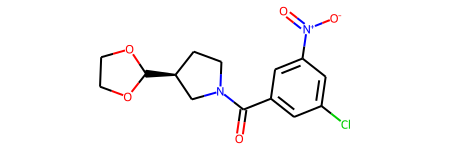

We’ve known since 2016 that LSTM networks can be used to generate novel and valid SMILES strings of novel molecules after being trained on a dataset of

I have been writing a lot about how to use SMILES together with deep learning architectures such as RNNs and LSTM networks to perform various cheminformatic and
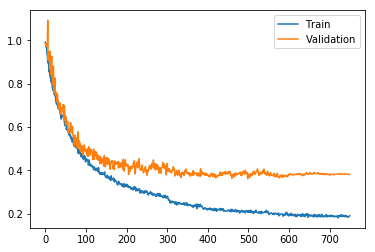
Last blog-post I showed how to use PyTorch to build a feed forward neural network model for molecular property prediction (QSAR: Quantitative structure-activity relationship). RDKit was used
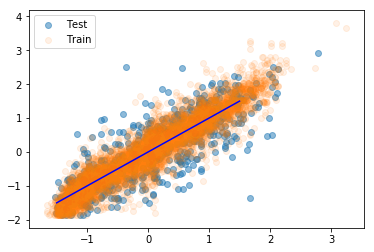
In my previous blogposts I’ve entirely been using Keras for my neural networks. Keras as a stand-alone is now no longer active developed, but are instead now
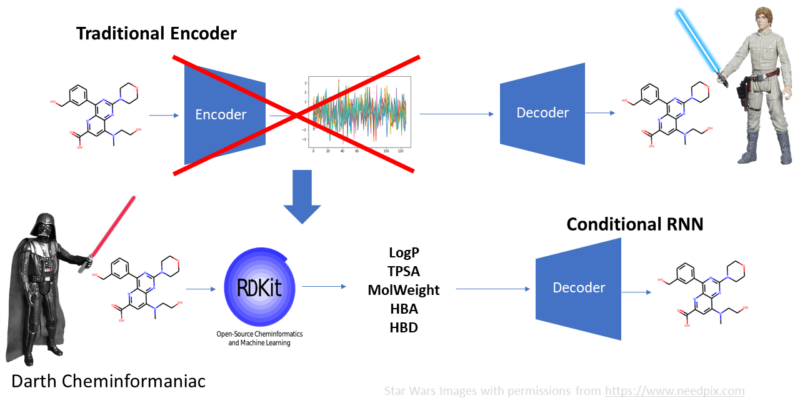
Long time ago in a GPU far-far away, the deep learning rebels are happy. They have created new ways of working with chemistry using deep learning technology
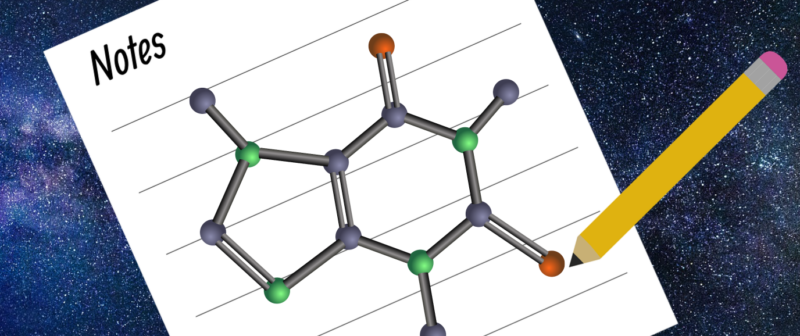
Not so long ago Greg Landrum published a blog post with an example of how the SVG rendering from RDKit in a jupyter notebook can be
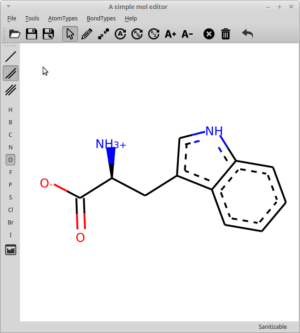
At the RDKit UGM 2018 in Cambridge I made a lightning talk where I show cased rdEditor. I’ve wanted to write a bit about it for some
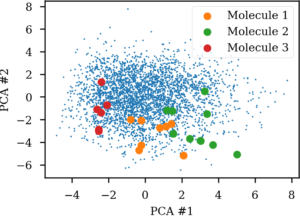
Earlier I wrote a blog post about how to build SMILES based autoencoders in Keras. It has since been a much visited page, so the topic seems
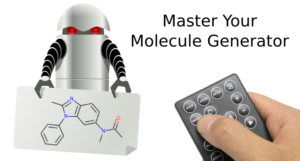
UPDATE: Be sure to check out the follow-up to this post if you want to improve the model: Learn how to improve SMILES based molecular autoencoders with

The SMILES enumeration code at GitHub has been revamped and revised into an object for easier use. It can work in conjunction with a SMILES iterator object